LED Neon Flex vs. Traditional Neon Lights
In the realm of illuminated signage and decorative lighting, the age-old charm of traditional neon lights faces a formidable contender: LED Neon Flex. As technology continues to reshape the way we illuminate our spaces, it's essential to understand the differences between these two options to make an informed decision for your lighting needs. In this comprehensive comparison, we delve deep into the intricacies of LED Neon Flex and traditional neon lights, exploring their attributes, advantages, applications, and environmental impact.
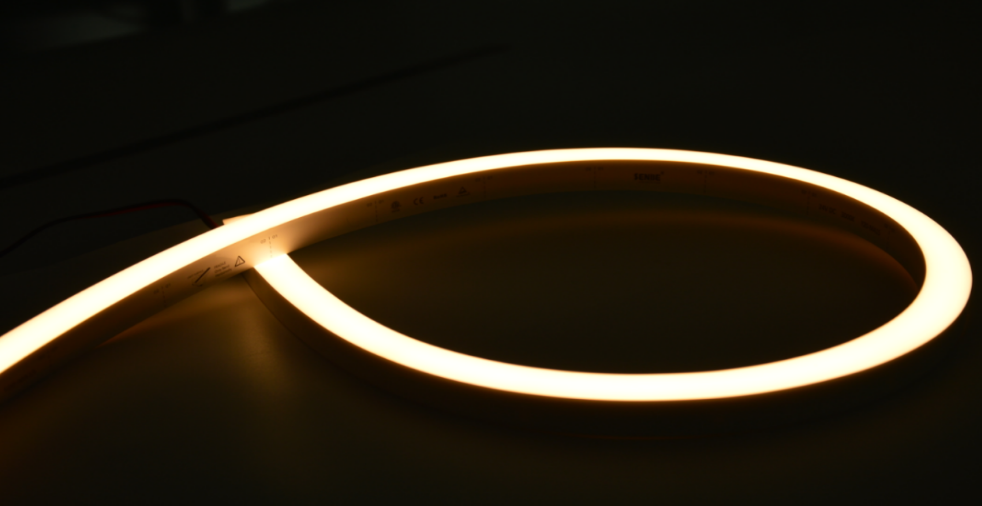
The Spark of Innovation: LED Neon Flex
Definition and Composition
LED Neon Flex is a modern lighting solution that emulates the visual appeal of traditional neon lights while harnessing the advancements of light-emitting diode (LED) technology. Unlike traditional neon lights, which rely on glass tubes filled with gas and a phosphorescent coating, LED Neon strip light utilizes flexible silicone tubes embedded with LED modules to create vibrant and customizable lighting effects.
Flexibility and Customization
One of the most significant advantages of LED Neon Flex is its remarkable flexibility and versatility. The flexible silicone tubes allow for intricate designs, curves, and shapes that were once challenging to achieve with traditional neon lights. LED Neon Flex can be molded to fit any contour or pattern, enabling designers and architects to unleash their creativity and bring imaginative concepts to life.
Energy Efficiency and Durability
LED Neon Flex takes the lead in energy efficiency, consuming a fraction of the energy required by traditional neon lights. LED technology is known for its low power consumption and long lifespan, translating to reduced energy costs and maintenance efforts. Traditional neon lights, on the other hand, consume higher amounts of electricity and are more susceptible to breakage due to their delicate glass composition.
Vibrancy and Color Options
LED Neon Flex offers a vast spectrum of color options, making it an ideal choice for creating captivating visual displays. The LED modules can be programmed to produce various colors and dynamic lighting effects, enhancing the ambiance of any space. While traditional neon lights also provide a distinctive and recognizable glow, their color range is limited to the gases used within the glass tubes.
The Enduring Classic: Traditional Neon Lights
Artisanal Craftsmanship
Traditional neon lights carry a nostalgic charm and a touch of artisanal craftsmanship that appeals to many. Skilled artisans bend and shape glass tubes by hand, infusing a sense of uniqueness and human touch into each piece. This artisanal process contributes to the timeless allure of traditional neon lights, especially in vintage-inspired or retro settings.
Additional reading:Wire and Cable Professional Knowledge
What Does LCD Stand For?
Difference between tft and lcd display
Benefits of Precision Air Cooling in Data Centers
Understanding Deep Cycle Battery Packs
Features and Benefits of Lithium Battery
The Ultimate Guide to LCD Modules: Unleashing Innovation and Efficiency
Warm and Iconic Glow
The warm and inviting glow emitted by traditional neon lights is synonymous with classic Americana and urban aesthetics. This distinctive illumination has a captivating quality that draws attention and evokes a sense of nostalgia. Traditional neon lights have an innate ability to create a cozy and intimate atmosphere, making them a favored choice for bars, diners, and entertainment venues.
Authentic Vintage Appeal
For those seeking an authentic vintage aesthetic, traditional neon lights remain unparalleled. Their historical significance and cultural relevance add depth to any space, immersing visitors in a bygone era. Retro neon signs and displays are often used to pay homage to specific time periods, making them a popular choice for themed events and decor.
Considerations for Maintenance
While traditional neon lights exude an enchanting glow, they require meticulous maintenance due to their delicate glass composition and susceptibility to breakage. Repairs can be time-consuming and costly, involving the replacement of individual glass tubes and gas refills. LED Neon Flex, in contrast, boasts a longer lifespan and reduced maintenance needs, making it a practical choice for commercial and large-scale installations.
Environmental Impact: LED Neon Flex vs. Traditional Neon Lights
Energy Efficiency
LED Neon Flex triumphs over traditional neon lights in terms of energy efficiency. The low energy consumption of LED technology contributes to reduced greenhouse gas emissions and lower electricity bills.
Hazardous Materials
Traditional neon lights contain potentially hazardous gases, such as argon and mercury vapor, sealed within glass tubes. In contrast, LED Neon Flex is free from toxic materials, making it a safer and more environmentally friendly option.
Longevity and Waste Reduction
The longevity of LED Neon Flex translates to fewer replacements and less waste generation compared to traditional neon lights, which require more frequent maintenance and have a shorter operational lifespan.
In the eternal debate between LED Neon Flex and traditional neon lights, both options bring unique qualities and aesthetics to the table. LED Neon Flex shines as a symbol of modern innovation, offering unparalleled flexibility, energy efficiency, and dynamic color options. On the other hand, traditional neon lights embody the charm of a bygone era, evoking nostalgia and cultural significance.
Additional reading:Advantages of Vertiv Liebert UPS Rectifier Cabinets
Empowering Cash Registers with ARM Board Technology
Understanding LiFePO4 Rechargeable Batteries
The Advantages of Lithium-ion Golf Cart Batteries
Benefits of Three Phase Hybrid Inverters
The Rise of LED Neon Flex: A Modern Twist on Traditional Neon Signs
Power Battery Safety Guidelines and Precautions
156
0
0
Related Articles
-
Types of Medium Voltage Switches
218
0
0


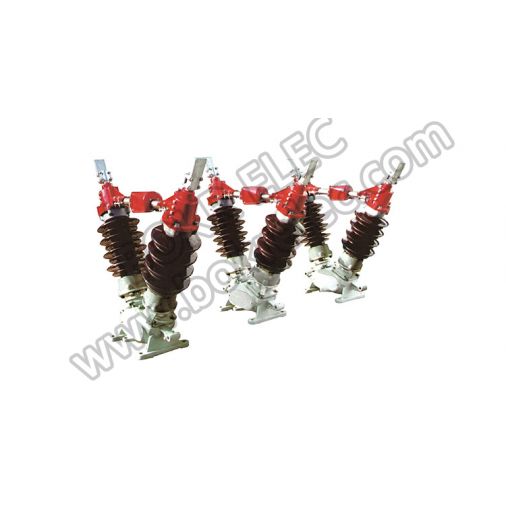
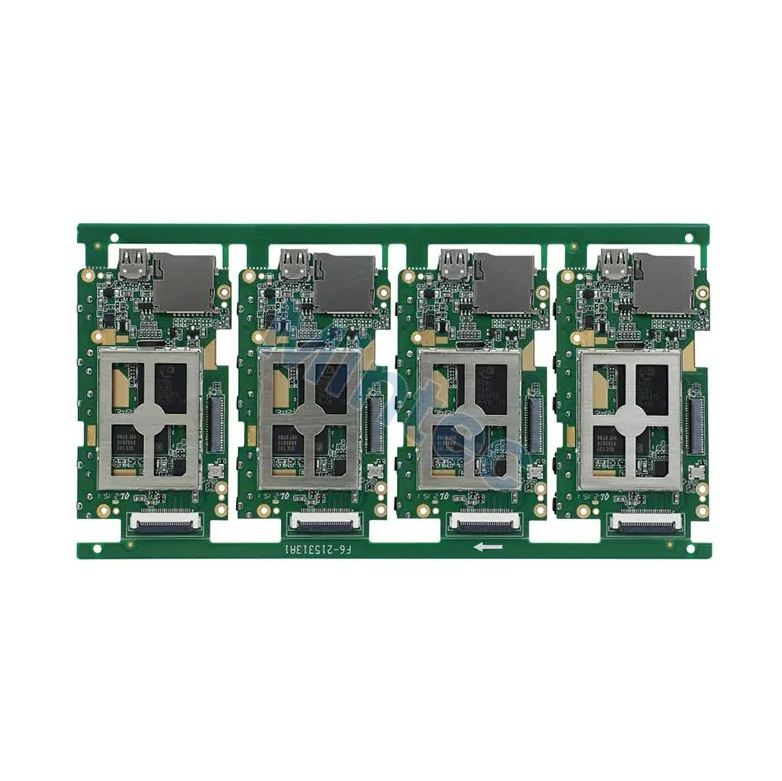
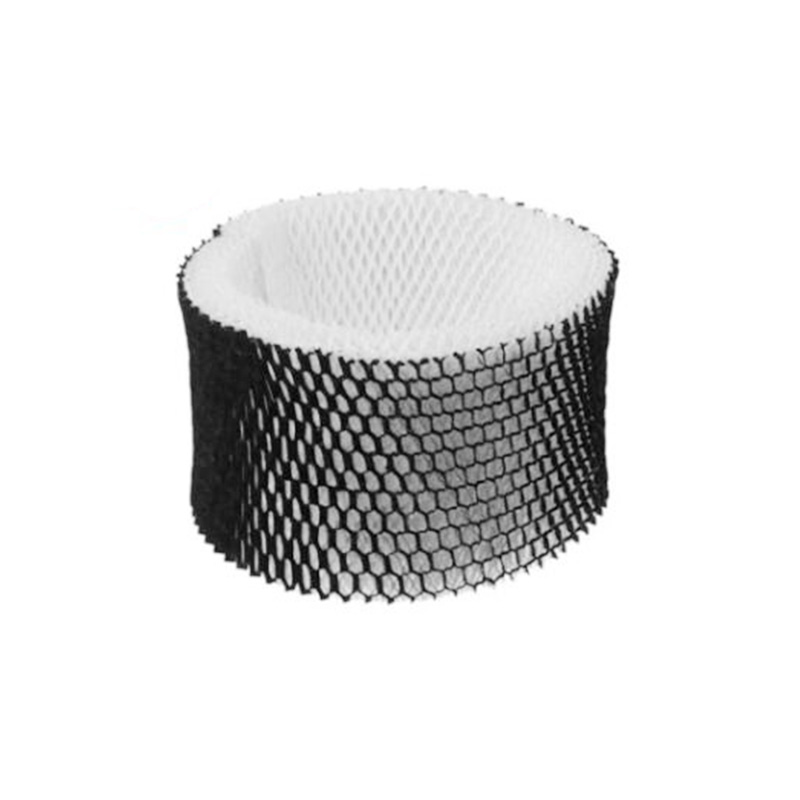
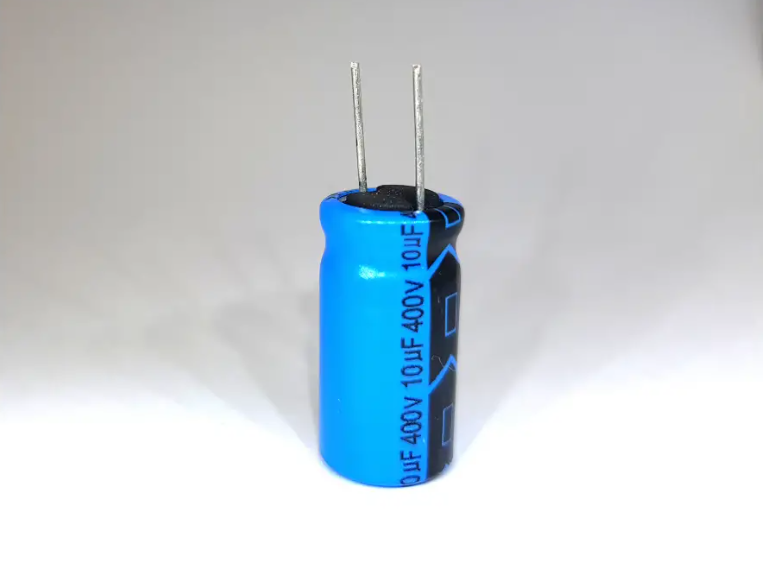
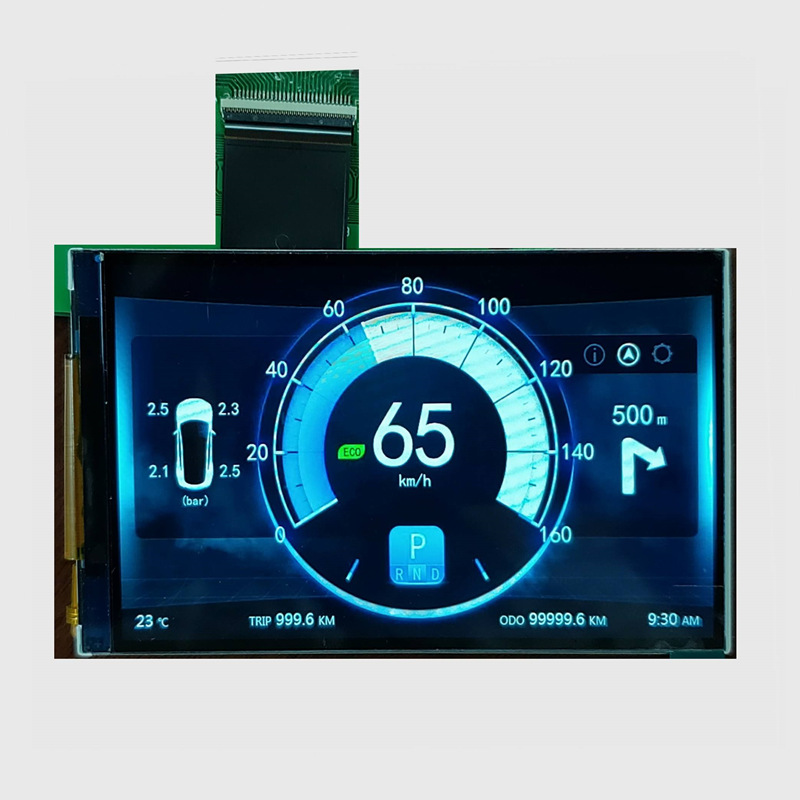


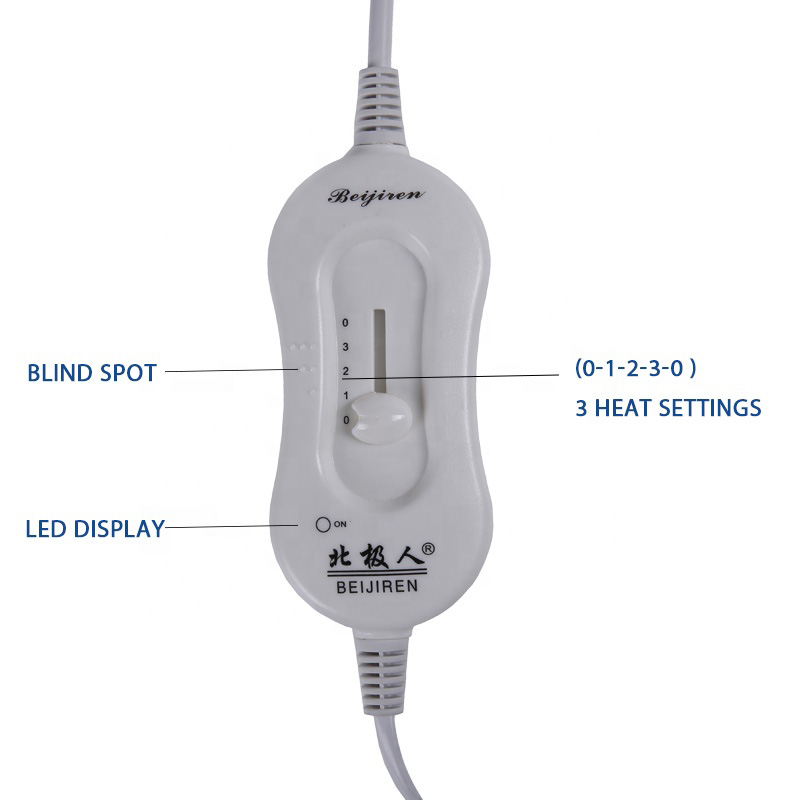
Comments
All Comments (0)